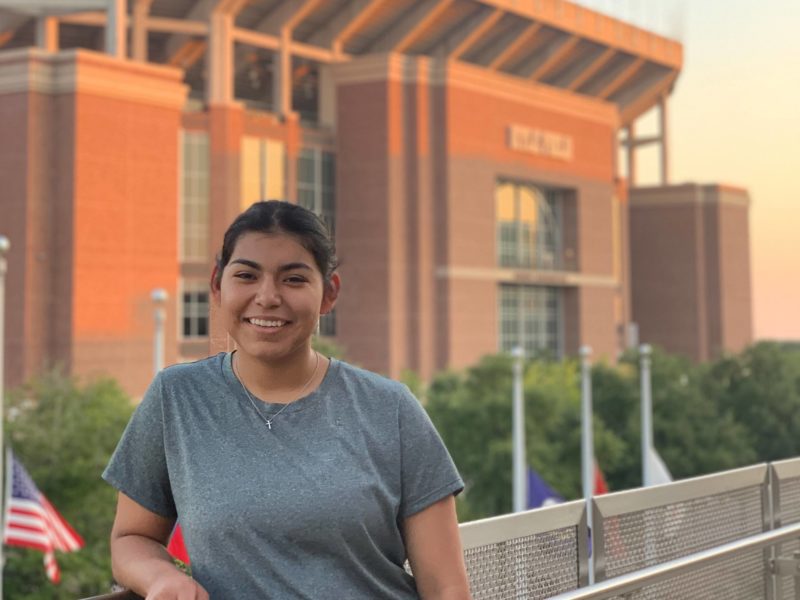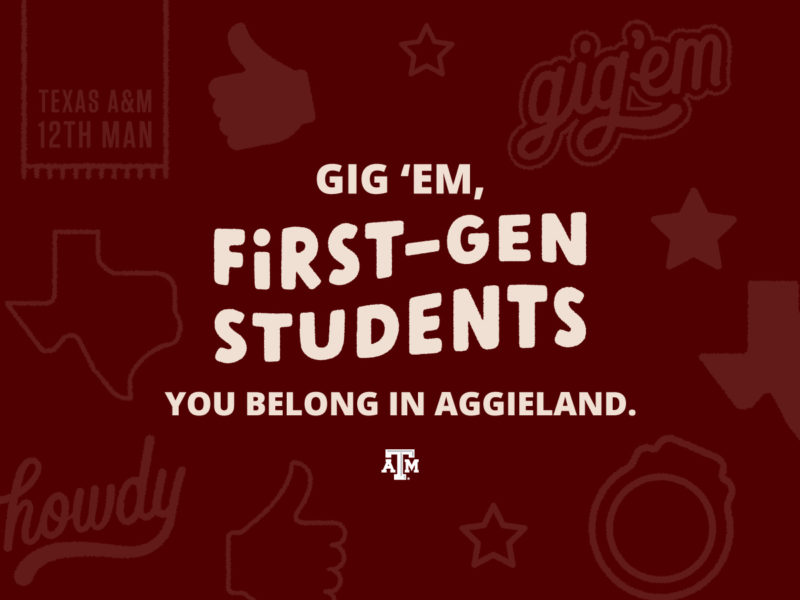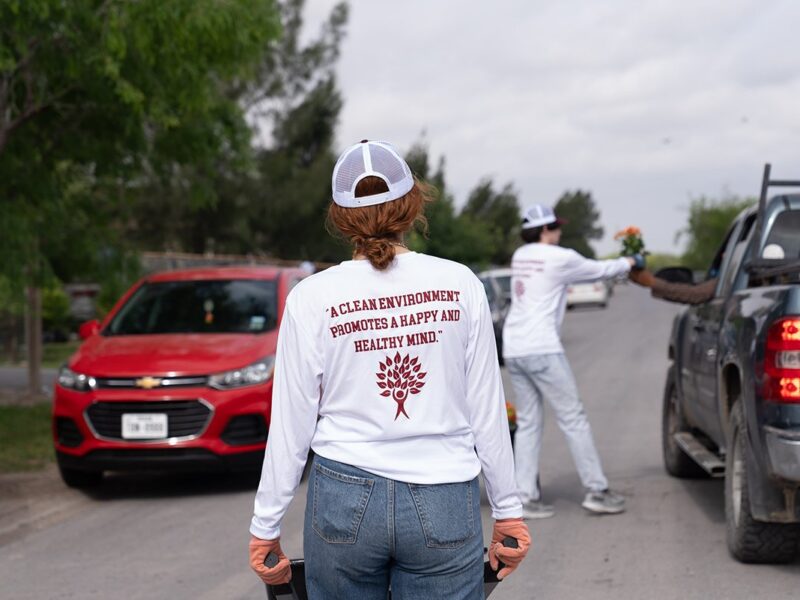First In His Family

As a child Shawn Gibbs never saw himself going to graduate school, much less helping to lead a university’s response to a global pandemic. But Gibbs, who joined the Texas A&M University School of Public Health as its dean in May of 2020, found himself doing just that.
“I was the first person in my family to graduate from college,” Gibbs said. “I never planned to go to graduate school and knew little about public health. Exploration is what got me into it.”
After graduating from The Ohio State University with a bachelor’s degree in biology, Gibbs worked as a contractor of the United States Environmental Protection Agency. This job led him to graduate school, studying transmission of airborne pathogens off animal feed lots.
“At the time, I thought, ‘If I don’t use my tuition benefit my employer provides, then I’m not getting my full salary.’ So, I enrolled in a few courses at the University of Cincinnati, and I enjoyed them. It worked out wonderfully for me,” Gibbs said.
As he approached the end of his master’s program in environmental engineering, a professor suggested Gibbs pursue a Ph.D. Later in discussions with that same faculty mentor, he told Gibbs that it seemed like everything he was interested in was public health, so he added some public health courses to his plan of study. That, Gibbs says, is what led him to the field of public health and his career.
“I was fortunate to find great mentoring in my graduate program that took the time to help me understand the opportunities that were available to me,” he said. “Like so many other first-generation students, I didn’t know those opportunities even existed. It is so important that we engage our first-generation population with resources to let them see what they didn’t know exists and show them how it can propel them forward to success.”
First Days At Texas A&M
Although his official first day at Texas A&M was May 1, 2020, Gibbs began working with the university on COVID-19 matters soon after he accepted the position. He was also quickly invited to join the Southeastern Conference (SEC) Medical Task Force for COVID-19, a group of health care professionals who provide counsel to the SEC for safer student athletic activities.
From December 2020 to the spring of 2021, Gibbs led the university’s COVID-19 response.
In this role Gibbs worked with key administrators to advance the university’s mission of education and research safely and responsibly.
Public Health’s Role
Gibbs hopes that the role public health has been taking on campus and throughout the country can help emphasize to both the public and researchers in other fields the importance of public health research and practice — one of his long-term goals as the School of Public Health’s dean.
“One thing you see with public health practice and research is that during a crisis such as the recent pandemic, everyone emphasizes the importance of public health,” Gibbs said. “Once the crisis is over, support and funding tend to decrease. Then, when another public health crisis arises, people realize again that they should support more public health. It’s a cycle that I’d like to try and disrupt.”
Gibbs further explained that this cycle occurs because public health research and practice is often focused on preventing health crises. So, if health crises are avoided (because of public health research and practice), people often don’t realize that a health problem ever had the potential to occur. The key is to help people realize that much of our knowledge on keeping us, our communities and our population healthy can be attributed to constant, ongoing public health practice and research.
“Continuous investment in public health research and practice has a lot of preventative health benefits, and I want to help people develop a better understanding of that,” Gibbs said.
Part of investing in public health research and practice is designing more opportunities for college students, including first-generation students, to get involved in public health and supporting the public health workforce. Historically, degrees in public health were often only offered at the graduate level at universities. Texas A&M offers a vibrant and fast-growing undergraduate degree in public health as well as a public health minor, but Gibbs wants to take the program to the next level. He plans to help the program grow and train undergraduate students for careers in public health during his time as dean.
“Nationally, undergraduate public health education has only been around for about the last 20 years,” Gibbs said. “We need more public health education and training for undergraduates who can immediately enter the workforce or go into master of public health programs as they later target more advanced jobs.”
He said having a public health minor can be important in other fields, too. For example, someone with a degree in business administration with a public health minor would be more equipped to make decisions not only during a pandemic, but also for workplace safety and the many public health issues that are present in every workforce.
“I am extremely happy to be here at Texas A&M and can’t speak highly enough of our students, faculty and staff,” Gibbs said. “The School of Public Health has a wonderful future ahead of it that will very much complement its marvelous past, and our first-generation students are an important component of that future. I’m excited to be here at such a prestigious institution.”
This article by Tim Schnettler originally appeared on Vital Record.





